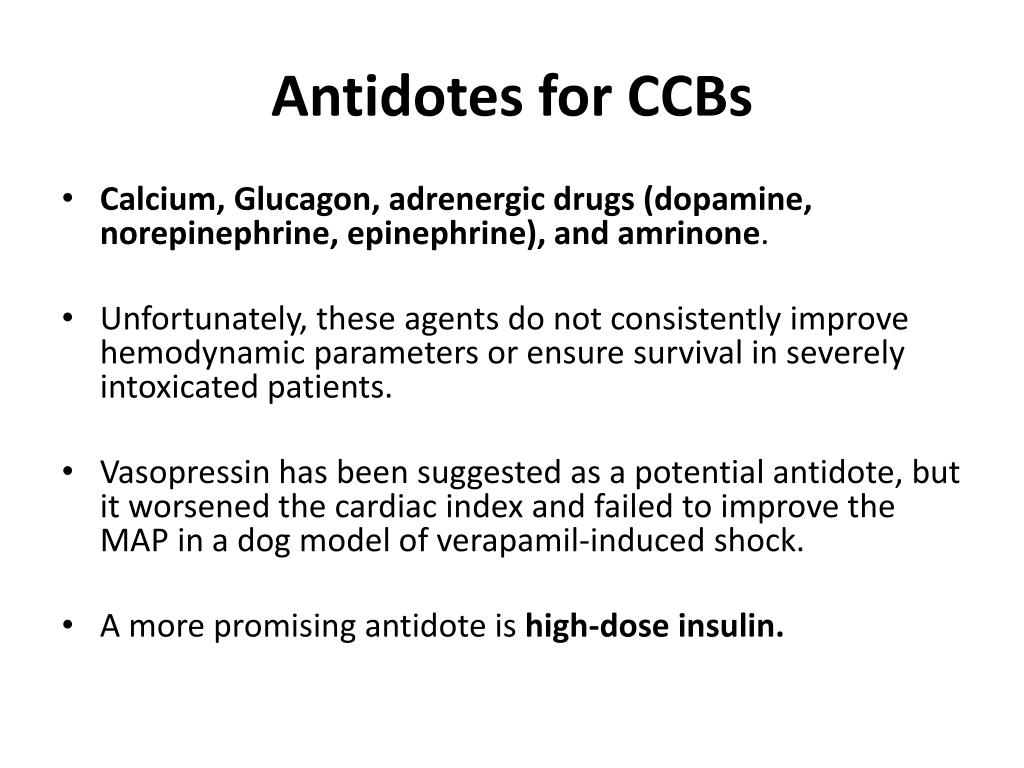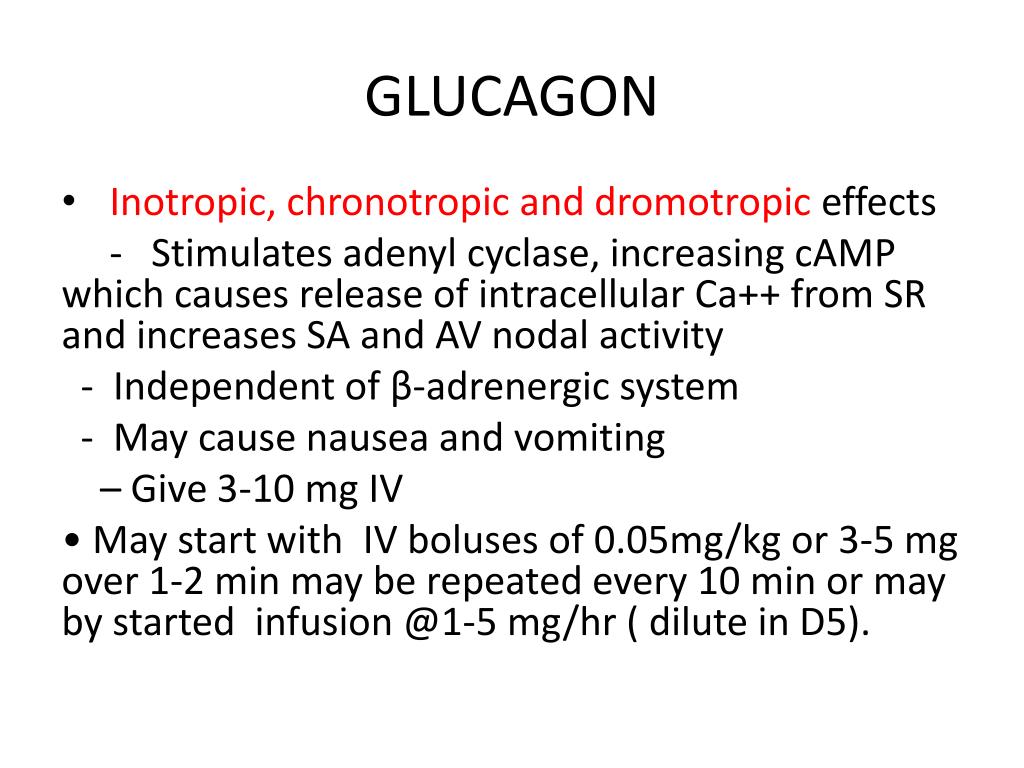
Severe poisonings alter cellular receptors, ion channels, and chemical pathways in a manner different from cardiac arrest secondary to coronary disease or other more common entities. This month's column continues a dissection of the new guidelines with a focus on drug toxicity.Ģ010 American Heart Association Guidelines for Cardio pulmonary Resuscitation and Emergency Cardiovascular Care This quote from the guidelines says it all: “There are (still) no data to support the use of specific antidotes in the setting of cardiac arrest” from any toxin. Perhaps some interventions will stave off an arrest or provide support after the heart has been jump-started, but don't expect any magic antidote to resurrect the newly dead initially. Not unexpectedly, this theme continues with the proclamation that there is no drug, antidote, or intervention that alters the outcome of cardiac arrest from a toxin. Only CPR and defibrillation seem to be life-saving. Don't confuse post- or pre–arrest toxicologic interventions with the actual cardiac arrest event.ĪCLS aficionados will remember that the American Heart Association has always concluded that no drug or specific CPR device has ever been proven to alter the outcome of cardiac arrest.

One can pontificate for days on toxicology issues in the ED, but prescient and sagacious readers should be cognizant that cardiac arrest and severe drug toxicity in the pre- and post-arrest phase are different scenarios. With a drug overdose, except perhaps a straightforward respiratory arrest, survival from cardiac arrest is a rare occurrence due to massive derangements in cardiovascular function. Specific antidotes and a plethora of supportive agents may be of value prior to or after the resuscitation, but traditional ACLS (basic CPR/defibrillation) always takes precedence. There is no better outcome from cardiac arrest from any cause that so far can be attributed to the crash cart's pharmacy. The same goes for any drug used in a code. No antidote, including naloxone, has ever been proven to alter the outcome of cardiac arrest from a drug or toxin, so none is considered standard of care once cardiac arrest ensues. Not so, say the prior ACLS guidelines from the American Heart Association, and that is reiterated in the latest version. One might intuit that naloxone would be a first-line intervention to treat cardiac arrest from an opioid overdose. Procalcitonin: Risk Assessment in COVID-19 Bacterial Co-Infection.Current Procalcitonin Utilization and Publications.The Physician Grind EMN with Zahir Basrai, MD.Everyday Medicine for Physicians with Ryan Stanton, MD.

EMN Live with Richard Pescatore, DO, & Ali Raja, MD.


 0 kommentar(er)
0 kommentar(er)
